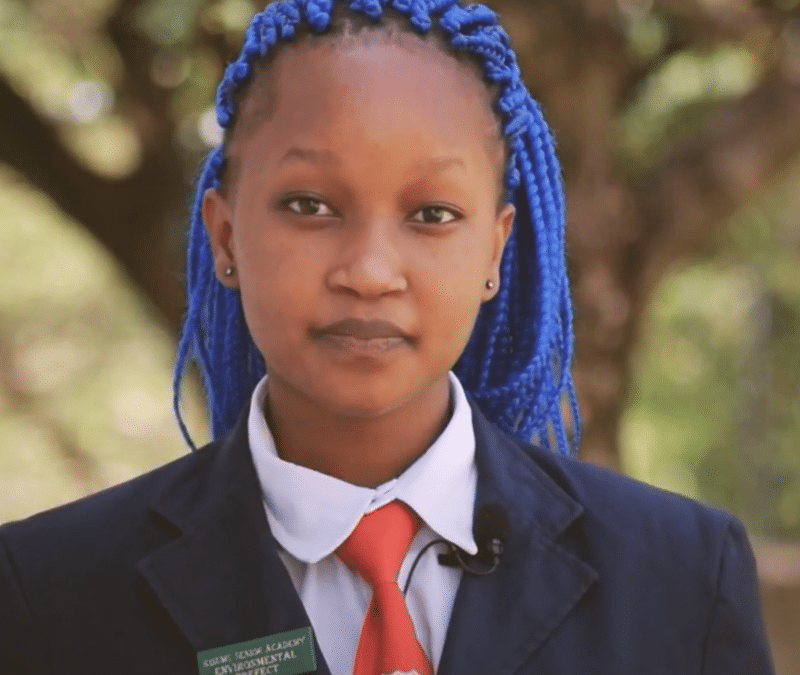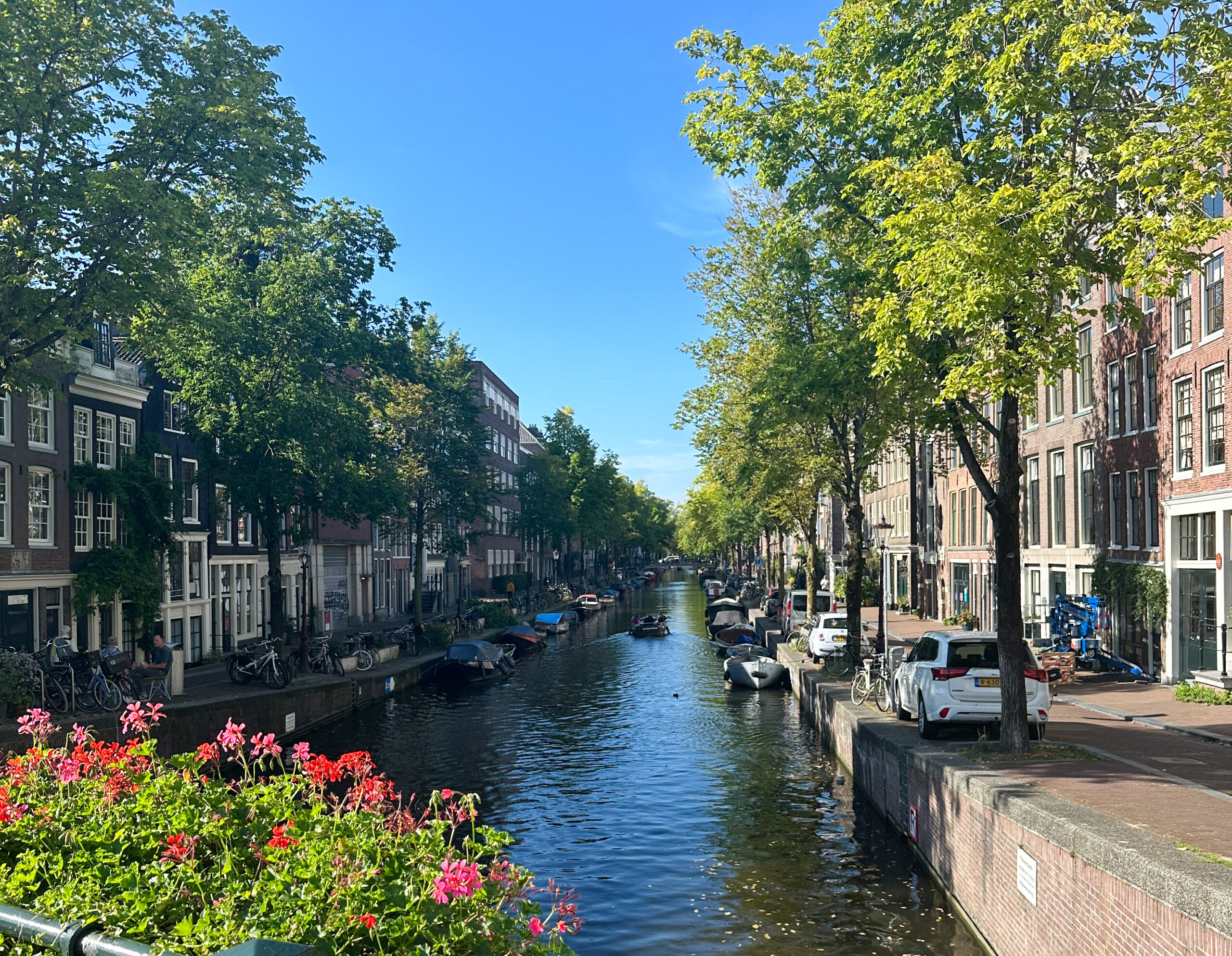Rahmina Paullete is a Kenyan climate activist and a conservationist at Fridays For Future as well as the head campaigner for #LetLakeVictoriaBreatheAgain, which advocates for the restoration of Lake Victoria. She is also the founder of Kisumu environmental champions, an organization that advocates for the environment, wildlife conservation, and fighting climate change. Through eco-innovation she is using water hyacinths to generate environmentally friendly products. She has also been in managerial positions, including at COP, and is a Fossil Fuel Treaty Champion.
Rahmina, you’ve achieved so much in your life already, and you’ve been active in various sectors for quite a few years already. What motivated you to be so active for change at such a young age?
The motivation came from my vision of the future in terms of making a change for my community which has been hit so often with calamities such as floods and droughts.
As well as your activism – around Lake Victoria, Fridays for Future, and the environment in general – you’re also CEO of your own company that produces sustainable goods based on water hyacinths. Can you tell us a little about the approach you take to running your own commercial enterprise?
My business, RahminaPauletteEco-Products is based on making eco-friendly water-hyacinth products. We are centered on the creation of youth and women empowerment, promoting environmental sustainability, the conservation of Nam Lolwe (Lake Victoria), and solving the climate crisis.
How important do you think digital media is in driving positive change? And how do you think we can make better use of it to ensure that it is, on average, a force for good?
I think that digital media has an emphasis on the efforts towards making a good change for the future but they aren’t keeping the focus on where the real change comes from, in particular, highlighting the work of environmentalists from the Global South, rather than sharing a greenwashing commercial that implicates a duplicate of a false hope for future generations.
You were involved in COP 27 last year. Please can you tell us a little about what you learned from the experience?
I have been to two COPs now, and, unsurprisingly, the experience was the same. However, COP 27 had an impact which, as an African, I feel is really beneficial, considering the discussions around paying up for the loss and damage, and the fact that the geographical location was in an African country. However, I was not pleased by the neglect towards the African climate activists and environmentalists. The other drawbacks were the minimal discussion on sustainable agriculture, and the absence of a cultural-heritage presence, even with the expectation that plant-based cultural meals be served at a climate-friendly conference.
You were just six years old when Wangari Maathai died – she was such an amazing woman. Because you’re a member of the Wangari Maathai Foundation and because you seem to have a similar fire burning in you, I have to ask: do you feel a connection to her, a need to continue her work?
I would like to say even if someone is not or is not a member of the Wangari Maathai Foundation, you cannot deny that Wangari Maathai did her best in making a better environment for us all and future generations. Being that I am one of the young population inspired by her efforts, I usually say ‘Ninafuata Nyayo zake’, which means I am following in her footsteps. One day, what Wangari Maathai was fighting for, I will ensure happens, that future generations will get to enjoy the fruits of our work towards environmental conservation.
This interview was lightly edited for clarity. The opinions expressed here are the respondent’s personal opinions and do not necessarily represent the official position of the United Nations or ProVeg International.
Four inspiring women working for a plant-based world
To celebrate the role of women in the plant-based movement, we spoke to four amazing women dedicating their lives to building a better world.











